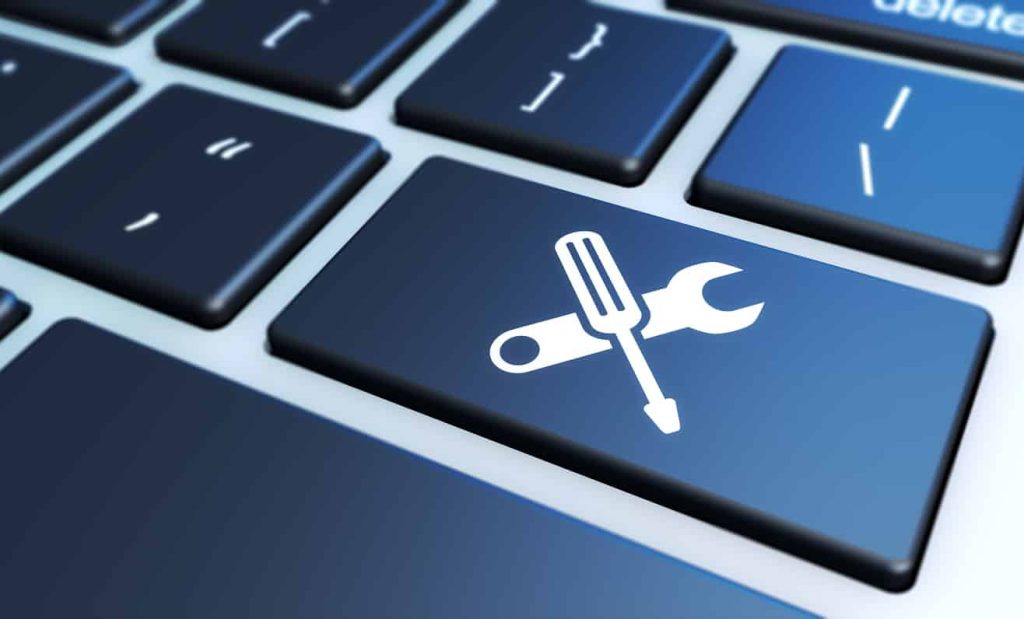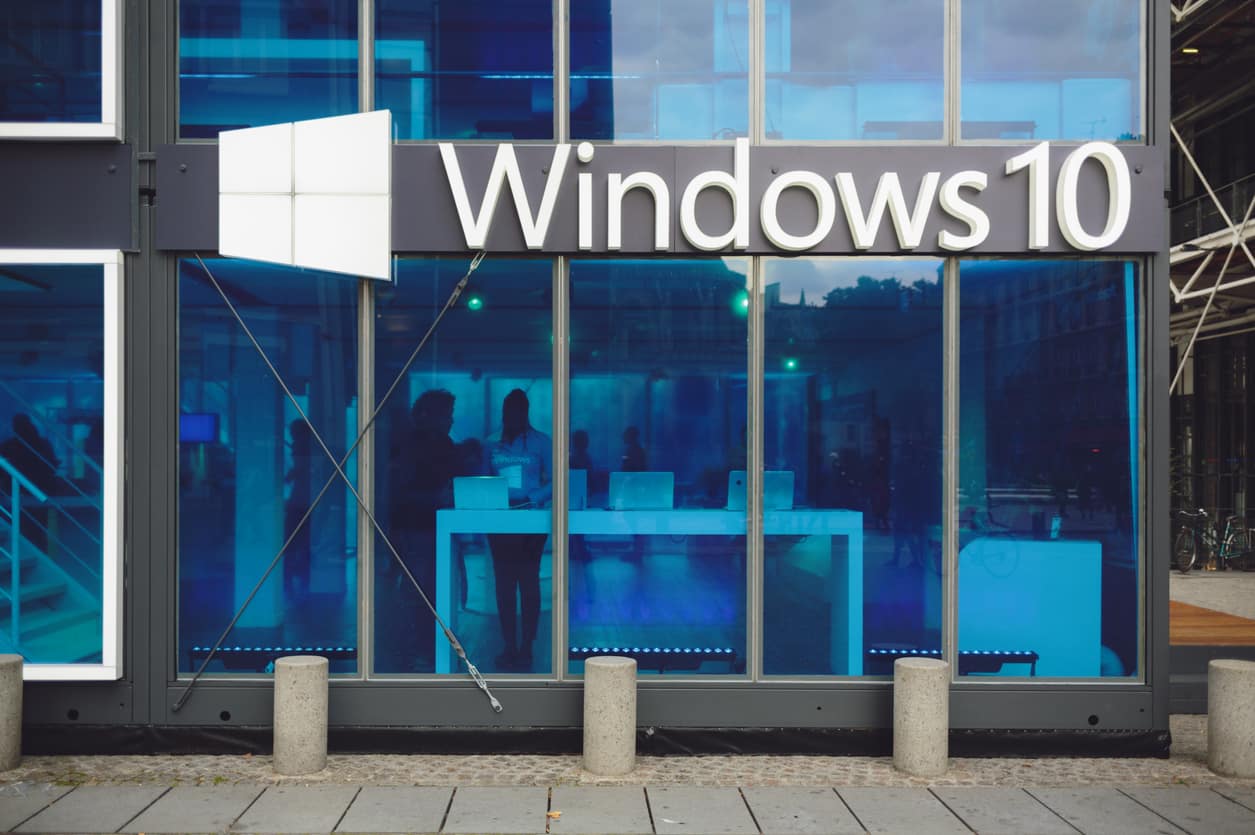Discover the benefits of upgrading to the most current operating system available.
As of January 2020, Microsoft officially discontinued support for Windows 7.
For more than 400 million users, the time has come to move on. For a software giant like Microsoft, discontinuing a product doesn’t mean it stops working entirely. It means that the company will no longer dedicate talent and resources to customer support, updates, and security patches.
That’s a big deal for small and mid-sized business owners who rely on Windows technology every day. If your organisation hasn’t upgraded to Windows 10, now is the time – With more people working from home and working remotely you need to ensure every device in use in your organisation is upgraded for optimal performance.
Get Up-to-the-Minute Security With Windows 10
The fact that Microsoft won’t be updating Windows 7 any more means that businesses who run the old operating system are vulnerable to every unpatched security hole in the system. As time goes on and new applications make use of Windows 10 infrastructure, this support and security gap will only widen.
Devices running older operating systems are more vulnerable to cyberattack. The vast majority of ransomware attacks exploit vulnerabilities found in earlier versions of Windows. Microsoft’s latest version has the best defence the company has to offer: Windows Defender Exploit Guard.
Windows Defender includes tools that can stop never-before-seen malware attacks, quarantine suspicious applications, and isolate infected computers on your network. These capabilities go far above and beyond what Windows 7 can offer.

Rely on Technical Support for Your Business Tools
Windows 7 works just fine with Office 365, for now, but this is likely to change in the future. The same is true of nearly every business application you use to generate value on a daily basis.
While the vast majority of software developers were happy to include Windows 7 compatibility in their applications for years, you will now see an increasing trend towards non-compatibility. For every vendor, there comes a time when it no longer makes sense to dedicate limited resources to ensuring an application runs well with an obsolete operating system.
This is why it is so important to upgrade to Windows 10 now. Businesses that wait are only exposing themselves to risk and disruption. Many business-critical software vendors will officially withdraw support for Windows 7 in the near future, breaking compatibility with the system.
Windows 10: The Last Windows
Microsoft has called Windows 10 its “Forever OS”. What the company means to say is that there is no Windows 11 or 12 coming down the development pipeline. From here on out, all of its attention will be focused on making Windows 10 as powerful and adaptable as possible, ensuring that it remains compatible with future software requirements.
Upgrading to Windows 10 might be the last operating system upgrade you have to go through. Beyond this, Microsoft will beam new updates directly into subscribed systems, ensuring that users always benefit from the latest support, updates, and security patches available.
If you need help upgrading your system or if you’re interested in the MSP packages available from SMB Solutions, reach out to the support team today.

